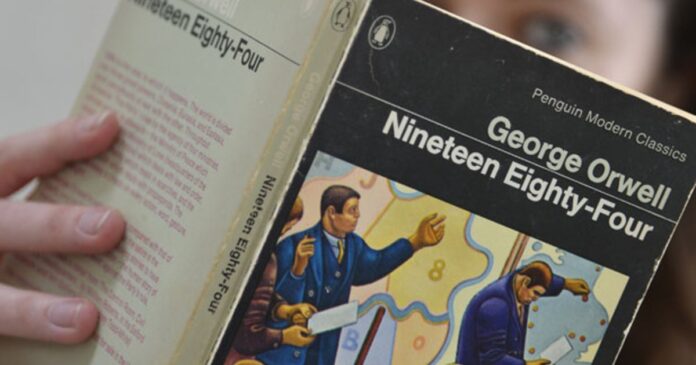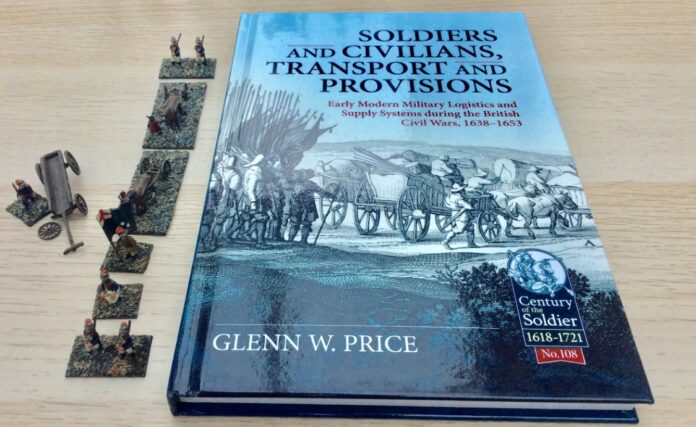
War has always left scars that extend beyond battlefields. Stories told in the aftermath hold the weight of both pain and endurance. Literature about war often carries the echo of those voices that might otherwise be lost in silence. Works like “All Quiet on the Western Front” or “The Things They Carried” do not just tell tales of soldiers but preserve the shared memory of generations forced to live with conflict.
Readers often depend on Z-library to find what they need when seeking such works since these books are not always easy to track down through conventional stores. In that sense access becomes part of remembrance because without it the stories risk fading away from common reach.
How Memory Is Shaped through Words
The written word does more than record facts. It weaves emotion into the cold data of history. Diaries letters and novels capture what official reports leave out, the trembling hands the muffled prayers and the aching quiet after violence. These works provide historians with insight but they also give ordinary people an entry point into the experience of war.
The shaping of memory is not neutral. Authors choose what to highlight and what to omit. A soldier’s diary may linger on the mud that clings to boots while a historian’s record may reduce the same day to troop numbers. Both are true yet the emotional weight often stays in the personal account. In this way literature becomes a bridge between fact and feeling.

This power of literature shows itself in different ways:
Preserving the Human Face of War
Novels and memoirs bring forward the individual stories that would otherwise drown in the tide of statistics. A single character allows readers to grasp the magnitude of loss better than numbers ever could. Think of how “Johnny Got His Gun” forces its audience to sit with the silence of a soldier trapped in his own body. It captures despair in a way no official archive could. These works keep the human face visible in the fog of history.
Giving Shape to Collective Memory
Collective memory is not built only on facts but also on the images people carry in their minds. War literature provides those images. When a poem or story becomes part of school lessons or public debate it cements a version of memory that travels across time. The repetition of these words turns them into cultural landmarks that define how a society views its past. Without them memory risks becoming shapeless and vague.
Offering a Moral Compass
Many works of war literature carry not just stories but lessons. They raise questions about duty loyalty and the cost of blind obedience. Books like “Slaughterhouse-Five” wrap these questions in surreal or symbolic narratives yet they deliver strong messages about the absurdity of violence. By presenting war as a moral puzzle these works continue to influence debates on responsibility and justice long after the guns fall silent.
The impact of these roles lingers far beyond the page and seeps into classrooms museums and even political speeches. Writers may not plan it but their words often become part of how nations explain themselves.

History Written in Layers
Every piece of war literature adds a layer to the historical record. One layer may be raw memory another may be crafted reflection decades later. Taken together these voices show how understanding of war changes over time. For example the tone of World War I poetry contrasts sharply with the often bitter reflections on Vietnam. Both eras use words as markers of the moment’s emotional truth.
These shifting layers prove that history is not fixed. It is alive moving and subject to the stories people choose to tell. Literature offers the chance to see the same war from the eyes of soldiers civilians and generations born long after the conflict ended.
A Living Archive of Experience
War literature works as an archive that breathes. Unlike dusty records it invites re-reading and re-interpretation. Each generation finds something different in the same book because the cultural context changes. A story that once served as comfort might later read as warning. The endurance of these works ensures that memory does not stand still.
By holding on to these words societies hold on to more than history. They keep alive the voices of those who witnessed the fire and the ash and they pass on the question of what lessons should never be forgotten.
In addition, war literature also shapes the way reconciliation is imagined. Beyond remembering destruction, many texts turn their focus toward healing, forgiveness, and the fragile process of rebuilding trust. Works that portray encounters between former enemies highlight the difficulty of breaking cycles of resentment but also show the possibility of dialogue across divides. These narratives serve as cultural tools that inspire post-war societies to search for peace not merely as the absence of fighting but as a renewed commitment to human dignity.

Another important dimension is the influence of translation. When war novels and memoirs are carried across languages, they expand the reach of memory. A soldier’s letter written in French and later translated into English becomes part of a global story rather than a national one. This transfer widens empathy and allows readers in distant lands to feel connected to struggles they never personally faced. In this sense, translators act as guardians of memory, ensuring that no culture remains isolated within its own wounds.
Finally, war literature continues to echo in contemporary conflicts. Modern writers use the models of past works to document wars in Iraq, Afghanistan, or Ukraine. Social media and digital publishing give these accounts an immediacy unknown in previous centuries, yet the underlying purpose remains the same: to give voice to those who endure chaos and to preserve fragments of truth before they are lost.
This continuity confirms that war literature is not a closed chapter but an ever-expanding archive, one that adapts with time yet remains rooted in the universal need to testify, remember, and seek meaning amid destruction.



